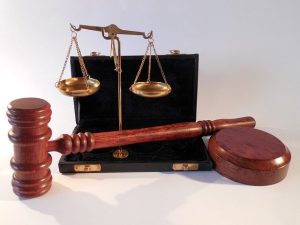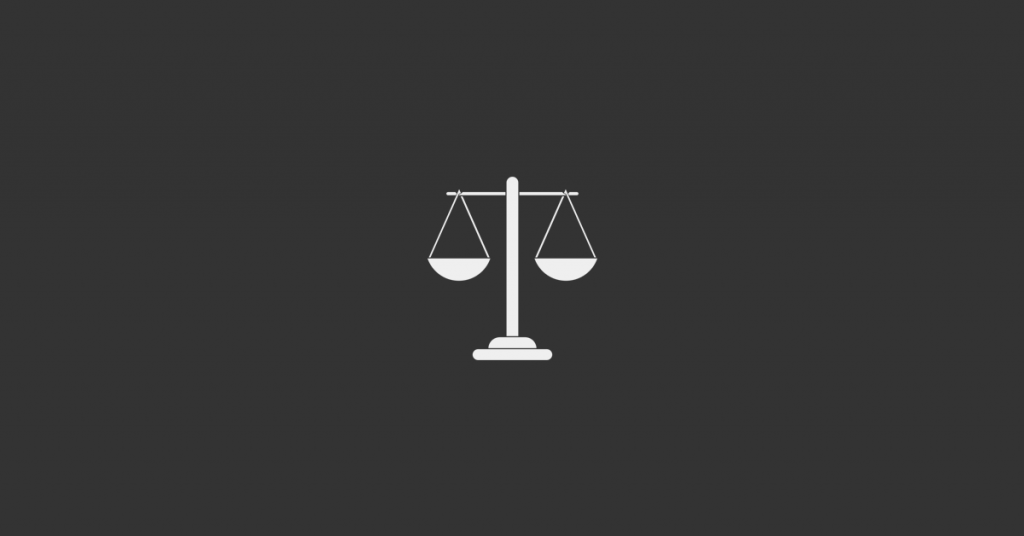The rule of law is the legal principle that states that nobody, not even a king, president, or prime minister, is above the law. Rule of law is foundational in many countries, particularly in North America and Europe. Without the rule of law, the risk would quickly arise that people in positions of power would be able to act without impunity. Because the rule of law is such a core concept of the American system of government, it can be easy to forget that it has not always been adopted or practiced in the west, including in the U.S. Below are a few alternatives to the rule of law that have occasionally taken hold in western countries.
Divine Right of Kings
The rule of law was largely formulated as a critique of what is known as the divine right of kings. The idea of the divine right of kings was once widely accepted throughout Europe, especially around the 16th to the 18th centuries. This principle sees society as highly hierarchical, with the monarch at the top of the pyramid and also closest to God. As a result, the monarch’s authority was sanctioned by God and, while there were some limits on the monarch’s authority, essentially the divine right of kings meant that the monarch’s word had the force of law.

Rule of Man
To be fair, the rule of man is less a system of government than it is a category for various forms of government in which the rule of law is absent. Rule of man is when people rather than the laws themselves govern a society or a community’s behavior. In recent times, the rule of man is best exemplified by the totalitarian states, such as Adolf Hitler’s Germany or Joseph Stalin’s USSR, that arose during the 20th century. In such states, power was arbitrarily wielded by either a dictator or a small group of individuals who were often treated as being above the law.
The Four Pillars of the Rule of Law
Ochlocracy
Sometimes the rule of man does not have to take the form of monarchs or dictators; rather, the majority of the population can form its own sort of totalitarian rule. Ochlocracy, also known as mob rule, is when the rule of law becomes subverted to the demands of the populace. Ochlocracy is often a state where emotions trump reason and logic. While the United States has never been controlled by an ochlocracy per se, there have been some notable instances where the rule of law was subjugated to the rule of the mob. For example, during the Salem witch trials, the sensationalized witch hunt seems to have overruled the principle of due process, while in the American South mobs were often set against runaway slaves and, later, ethnic minorities in the form of lynchings that were both brutal and clearly beyond the rule of law.
As the above examples hopefully show, the rule of law offers some fundamental protections against the arbitrary exercise of power. By ensuring that everybody is treated equally before the law, the rule of law helps ensure that citizens can go about their lives without too much fear of being persecuted without reasonable grounds by the state.
